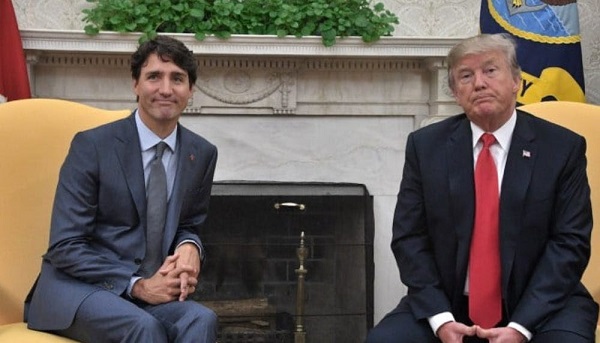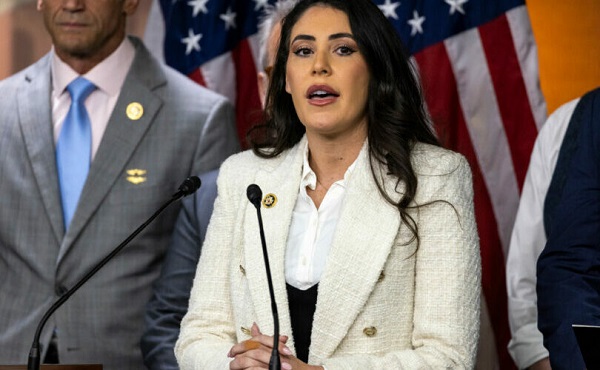Business
There are smart ways to diversify our exports

From the Fraser Institute
By Philip Cross
The Bank of Canada recently cut interest rates again, with further cuts likely in response to Donald Trump’s threat to impose tariffs on Canadian exports. This continues the Bank’s reflexive turn to lower interest rates to goose growth every time the economy slows that began during the 2008 global financial crisis and reached its apex during the outbreak of the Covid pandemic when rates essentially hit their zero lower bound.
It’s time policymakers in Ottawa stop relying on easy money policies in response to every hiccup in economic growth. Lower interest rates have introduced major distortions into Canada’s economy. They have fueled excessive debt levels in all sectors of the economy, helped to create a housing bubble that will depress growth when it bursts, undermined our consensus on the usefulness of immigration when excessive demand raised the cost of shelter, and led youths to lose hope of achieving the dream of owning a home. Housing’s unsustainably large share of our economy helps undermine our potential productivity, the lack of which Bank of Canada Deputy Governor Carolyn Rogers last year called a “break the glass” emergency. However, the Bank’s own easy money policies spurs the shift of more resources to housing and encourage governments to ignore taking actions that would boost business investment and exports, the two sectors needed to improve our long-term productivity and competitiveness.
There are policy alternatives to just mechanically lowering interest rates and juicing housing demand. The silver lining in Trump’s tariff threats is they drive home to Canadians the twin follies of not diversifying our energy exports from the U.S. market and not lowering internal barriers to trade among our provinces. We witlessly ignored opportunities to move on both fronts for nearly a decade after Trump fired his opening salvo in the trade war with punitive tariffs on our aluminum and steel industries in 2017.
Energy, our leading export, depends on the U.S. market for 93 per cent of its export earnings. Canada has wasted numerous opportunities over the past decade to open overseas markets for oil and gas. The Trudeau government cancelled the Northern Gateway pipeline that would have sent Alberta crude to Asia. The proposed Energy East pipeline to send oil to New Brunswick and ultimately Europe floundered after the federal government complicated the approval process. Multiple proposals for LNG projects were rejected, although the Quebec government is reconsidering its opposition to ship natural gas from an LNG terminal in Saguenay to Europe. Quebec is not reflexively against pipelines: its former Premier Jean Charest boasts how his government oversaw one connecting crude oil imports landing at Levis to refineries in Montreal by clearly outlining the benefits to Quebecers. Restricting our oil and gas exports to the U.S. has depressed their prices, costing Canada tens of billions of dollars of lost revenue and betraying our European allies when they desperately needed alternatives to Russian natural gas supplies following its attack on Ukraine.
Meanwhile, the federal government displayed little leadership in trying to get the provinces to reduce the thicket of regulations and restrictions that impair trade within Canada. The 2017 Canada Free Trade Agreement provided a road map to potentially lower internal trade barriers, but most provinces have been reluctant to tread that path. It is the height of hypocrisy for Canadians to complain about Trump’s threatened tariffs when we tolerate internal trade barriers that are every bit as important and costly to our economy. Statistics Canada, for example, found that trade within Canada moves as if there were a 7 per cent tariff on goods moving between provinces, while trade within the U.S. flows as if there was no effective tariff.
The shock and outrage Canadians are expressing about Trump’s pending 25 per cent tariff on most exports can be channeled to our benefit. Achieving that will require governments to stop our dangerous over-reliance on low interest rates to stimulate housing. Instead, the focus should be improving our access to markets outside the U.S., which are clearly viable and profitable for goods such as oil and gas. Furthermore, if we truly believe our own rhetoric about the benefits of trade, we need to take concrete steps to liberalize trade within Canada.
Business
Argentina’s Javier Milei gives Elon Musk chainsaw
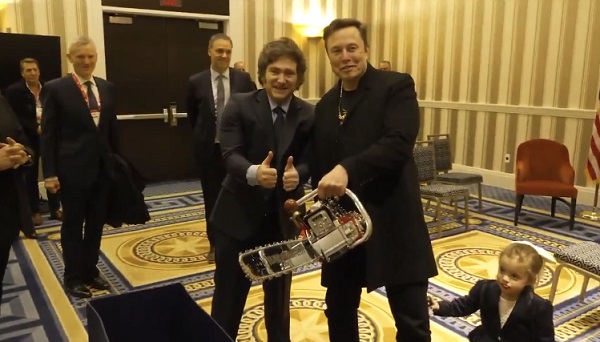
 MxM News
MxM News
Quick Hit:
Elon Musk made a dramatic appearance at the Conservative Political Action Conference (CPAC) on Thursday, wielding a chromed-out chainsaw gifted by Argentina’s President Javier Milei. The prop symbolized Musk’s commitment to slashing bureaucratic red tape through his Department of Government Efficiency (DOGE).
Key Details:
- Musk received the chainsaw from Milei before his sit-down interview at CPAC in Maryland.
- The chainsaw was engraved with Milei’s catchphrase, “Viva la libertad carajo!” which translates to “Long live freedom, Goddammit!”
- Musk brandished the chainsaw on stage, declaring it the “chainsaw for bureaucracy” to a cheering conservative crowd.
Diving Deeper:
Argentina’s President Javier Milei presented the symbolic chainsaw to Elon Musk ahead of his interview at CPAC, reinforcing their shared vision of reducing governmental influence. The chainsaw, emblazoned with Milei’s signature slogan, was meant to represent Musk’s mission with the Department of Government Efficiency (DOGE) to cut waste, fraud, and abuse within federal agencies.
Musk enthusiastically accepted the gift and held it aloft, declaring it the “chainsaw for bureaucracy.” The bold gesture was well-received by the conservative audience, with Musk adding a simple yet effective rallying cry: “Chainsaw!” The theatrics were in line with his commitment to DOGE’s mission of downsizing federal bureaucracy, drawing inspiration from Milei’s aggressive government-cutting measures in Argentina.
Milei’s fiscal conservatism has gained international attention, influencing Musk’s approach to DOGE. The Argentine president’s radical budget cuts and advocacy for limited government resonate with Musk’s goals for the United States. By symbolically passing the chainsaw to Musk, Milei reinforced a partnership rooted in economic freedom and governmental reform.
Musk later posted a photo of himself with the chainsaw on his social media platform, X, captioning it, “This is a real picture,” underscoring his commitment to his bureaucratic overhaul agenda. The image quickly went viral, amplifying the message of aggressive government reform.
The bold display at CPAC not only solidified Musk’s role as a disruptor within the political landscape but also strengthened the ideological bond between Musk and Milei, signaling an international alliance against government inefficiency.
Business
Federal Heritage Minister recommends nearly doubling CBC funding and reducing accountability
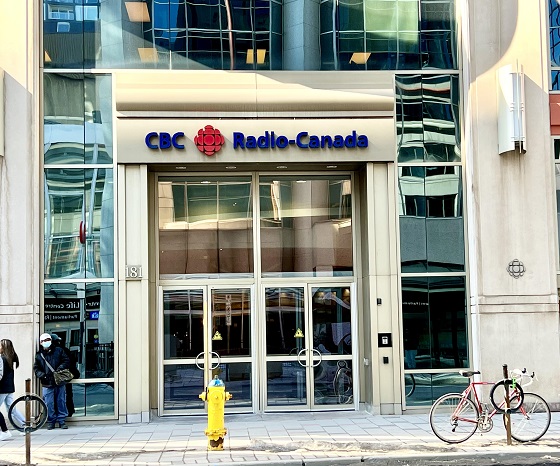
The Canadian Taxpayers Federation is calling for the CBC to be completely defunded in the wake of the federal Liberal government’s recommendation to nearly double the state broadcaster’s cost to taxpayers and hide its budget reporting.
“It is outrageous for the government to try to hide the cost of the CBC from the taxpayers who are paying its bills,” said Franco Terrazzano, CTF Federal Director. “This government is totally out touch if it thinks it can nearly double CBC’s cost to taxpayers and try to hide its costs.”
Heritage Minister Pascale St-Onge said the government should nearly double the amount of money the CBC takes from taxpayers every year.
The CBC will cost taxpayers about $1.4 billion this year.
“The average funding for public broadcasters in G7 countries is $62 per person, per year,” St-Onge said. “We need to aim closer to the middle ground, which is $62 per year per person.”
Canada’s population is about 41.5 million people. If the government funded the CBC the way the minister is recommending, the CBC would cost taxpayers about $2.5 billion per year.
That amount would cover the annual grocery bill of about 152,854 Canadian families.
St-Onge also recommended the annual taxpayer funding for the CBC be removed from the government budget report and instead be entrenched in government statutory appropriations.
“I propose that it be financed directly in the legislation instead of in the budget through statutory appropriation,” St-Onge said.
“Canadians have told this government that the CBC costs them too much money, that it is not accountable to taxpayers and they don’t watch it, and now the government wants to double down on all those problems,” said Kris Sims, CTF Alberta Director. “The CBC is an enormous waste of money and journalists should not be paid by the government.
“The CBC must be defunded.”
-

 Alberta2 days ago
Alberta2 days agoU.S. tariffs or not, Canada needs to build new oil and gas pipeline space fast
-
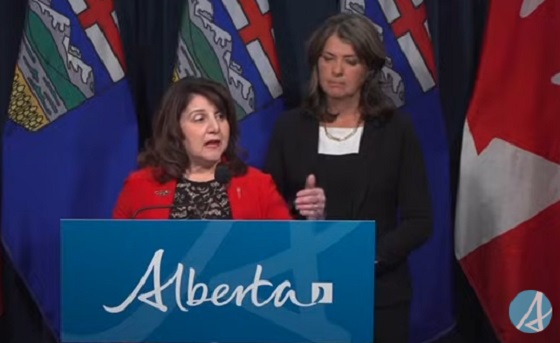
 Alberta2 days ago
Alberta2 days agoPremier Smith and Health Mininster LaGrange react to AHS allegations
-
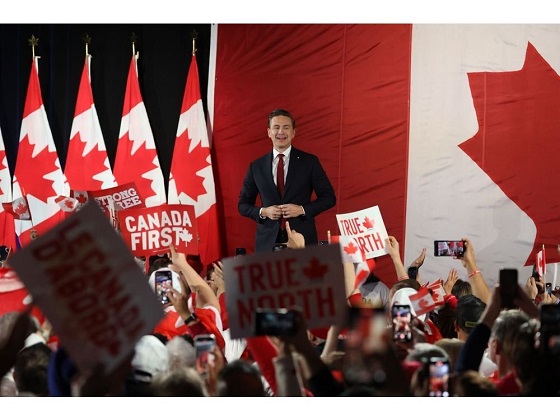
 Bruce Dowbiggin1 day ago
Bruce Dowbiggin1 day agoWith Carney On Horizon This Is No Time For Poilievre To Soften His Message
-
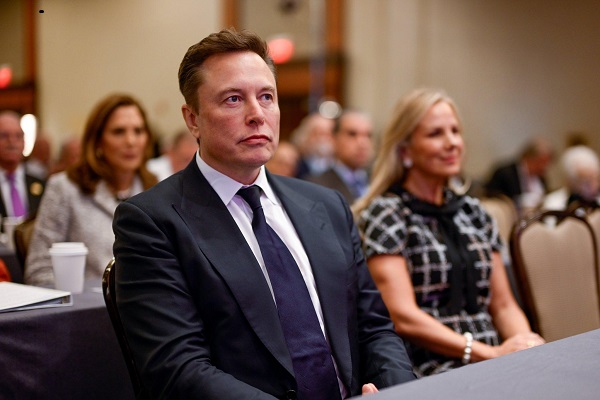
 Business2 days ago
Business2 days agoElon Musk to consult President Trump on potential ‘DOGE dividend’ tax refunds
-
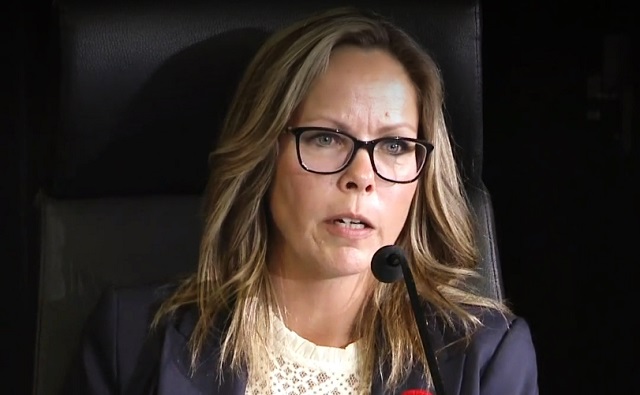
 COVID-192 days ago
COVID-192 days agoFreedom Convoy leader says Trudeau gov’t has spent $5 million prosecuting her, fellow protester
-

 COVID-1924 hours ago
COVID-1924 hours agoRed Deer Freedom Convoy protestor Pat King given 3 months of house arrest
-
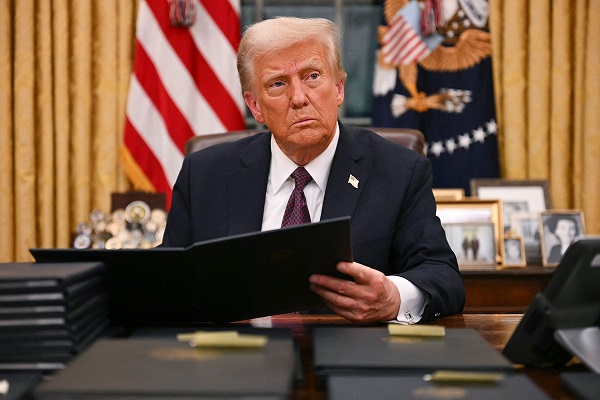
 illegal immigration1 day ago
illegal immigration1 day agoTrump signs executive order cutting off taxpayer-funded benefits for illegal aliens
-

 Media1 day ago
Media1 day agoMatt Walsh: CBS pushes dangerous free speech narrative, suggests it led to the Holocaust




